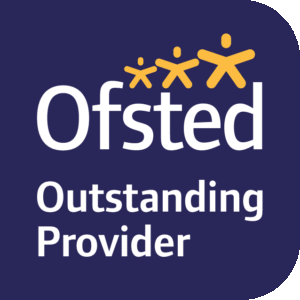The Home School Agreement is a collaborative agreement between Venn Boulevard Centre, parents/carers and pupils, which outlines the responsibilities and expectations of all parties in supporting the education and wellbeing of the child. This agreement is shared and discussed with parents and pupils during the admissions meeting, and all stakeholders are required to sign the agreement.
As a school, Venn Boulevard Centre is committed to providing a safe, supportive and caring environment for all children. They aim to help children reach their full potential by providing a broad, balanced and personalised curriculum that caters for all children. In addition, the school promotes high standards of behaviour and provides gender-neutral toilet facilities to ensure inclusivity.
Parents and carers are expected to support the school by ensuring their child attends school regularly and on time, dressed in the correct uniform and following school policies. They are also expected to communicate any concerns they may have about their child that may affect their behaviour in school or their ability to learn.
Pupils are expected to attend school and their lessons on time every day, try their best to do their work and ask for help if needed, and speak to an adult about any issues or concerns they may have about their work or behaviour. In addition, pupils are expected to treat all members of the school community with care and respect and follow the school rules.
Working collaboratively with parents and schools ensures the best outcomes for children. Research has shown that parental involvement in their child’s education can lead to improved academic achievement, attendance and behaviour (Henderson & Mapp, 2002). The Home School Agreement provides a framework for effective communication and collaboration between the school and parents/carers, which can lead to improved outcomes for the child.



























